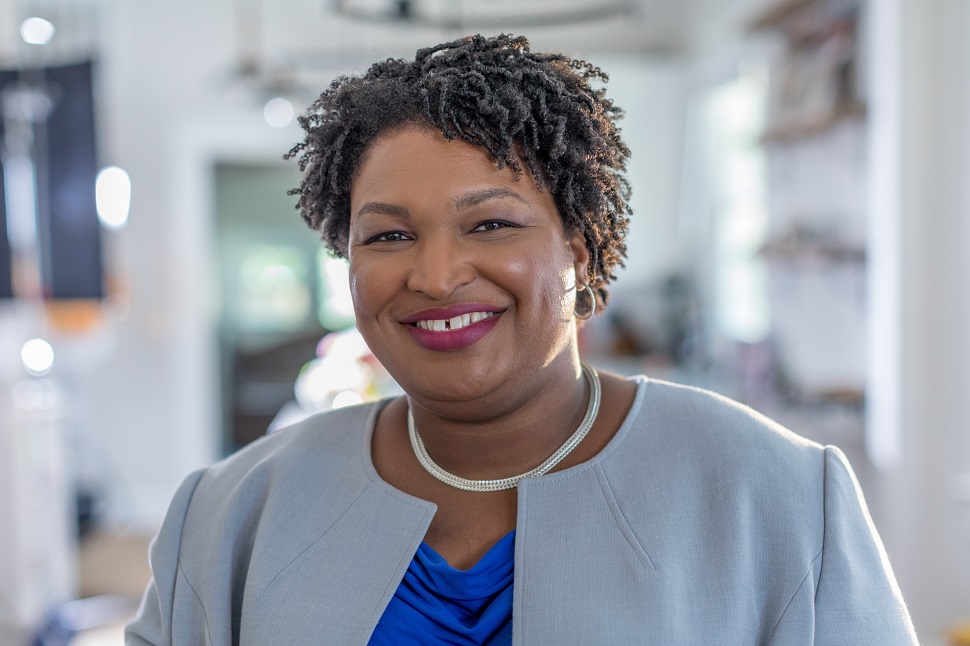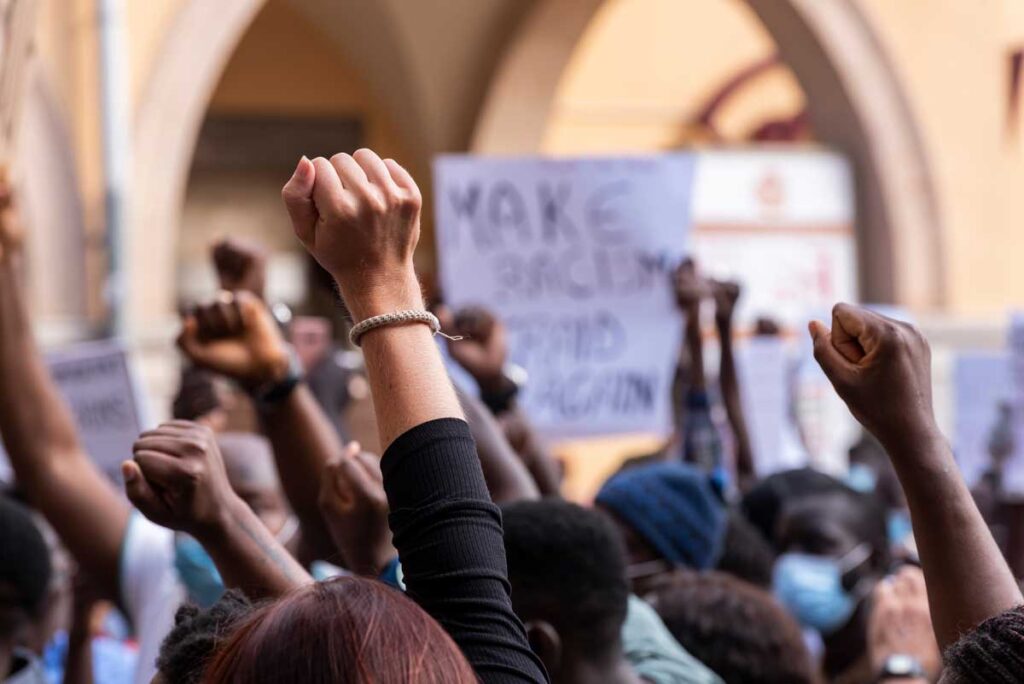MythBusters: 4 Misconceptions About Supporting Black-Owned Businesses

Economic empowerment is a critical part of improving Black lives in America. One of the most direct ways to support the Black community is shopping at Black-owned businesses, many of which have closed or been significantly impacted by the coronavirus pandemic. In fact, between February to April 2020, 41% of Black small-business owners closed their businesses. While many have celebrated the idea of Black-owned businesses, there are still several misconceptions, and sometimes unrealistic expectations, about shopping at Black-owned businesses that have impacted the growth and development of these companies.
Customer Service
Let’s start by addressing the elephant in the room. One of the most frequent comments you may have heard about shopping at Black-owned businesses is good customer service, or lack thereof. While it is certainly true that there are businesses who could use a crash course in customer service operations, it’s important to remember that these phenomena are not mutually exclusive to businesses owned by Black entrepreneurs. Bad customer service can happen at any business, regardless of the background of the owner. Many times, Black businesses are held to standards that we would often brush off if it happened at another establishment. For instance, a bad customer service experience at one Italian restaurant will most likely not stop you from eating Italian altogether. We may or may not go back to that establishment, but at the very least, we shouldn’t use a bad experience at a business to set our expectations for customer service at all Black-owned businesses.
Cost
For most of us, cost is a determining factor in the purchase of any product. Smaller businesses tend to operate on smaller margins, so it’s quite possible that you may be able to find a similar item at a lower cost elsewhere. However, that purchase undoubtedly creates a bigger ripple at a Black-owned establishment. Black owners historically have lower access to capital, pay higher interest rates, and have limited access to viable financing options – all hurdles that undoubtedly impacts the cost of production and subsequently affects prices. Investing in Black businesses is a direct investment in the Black community. Each purchase directly contributes to the business’ longevity and future access to capital that will impact price changes, product offerings and business operations. While you may be spending a few extra dollars now, the effect of your support will be felt for years to come.
Delivery Time
We live in a world where we thrive on and expect instant gratification. We can watch newly released movies in the comfort of our homes. We can order an item today and have it on our doorstep tomorrow morning. Because of this, we tend to expect that all companies will be able to provide products or services within this same timeline. For smaller companies that are purchasing or manufacturing smaller quantities of products, the ability to ship items within a day is not only extremely costly but also unrealistic for smaller operations. In fact, the only companies that have the infrastructure, human capital, and financial capital to consistently manage such a short timeline are billion-dollar corporations. The ability to provide products and services at a faster rate increases as the company grows in profit and employees. In the meantime, good things come to those who wait.
Quality
Finally, one of the other concerns often expressed about Black businesses is product or service quality. Along the same lines of customer service, product quality will differ from business to business. Invest the time to do thorough research before purchasing a product or service. If not readily available on the company website, ask questions about the manufacturing process or materials used in the product. Ask for references or pictures of previous work. Just like all Black-owned businesses don’t all provide bad customer service, all Black-owned businesses don’t provide bad quality products or services.
Patronizing Black businesses directly builds and supports Black communities. By using your purchasing power to support more Black-owned businesses – you’re directly contributing to job creation, investing in local Black economies, and improving Black lives.






Responses